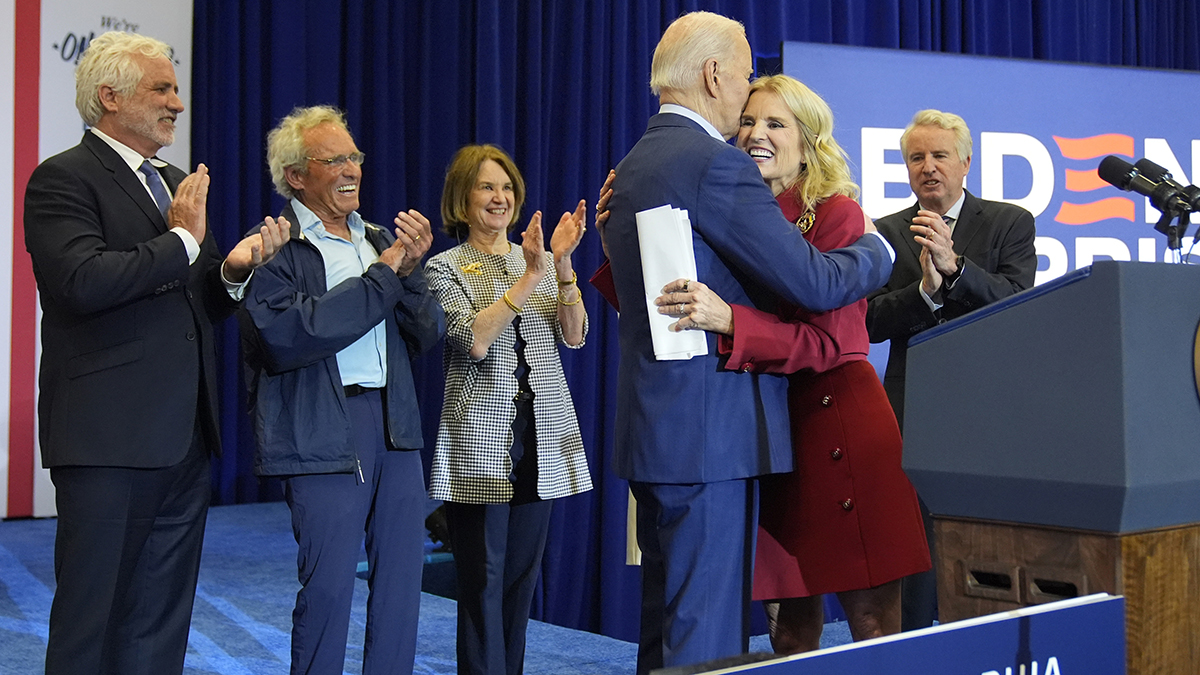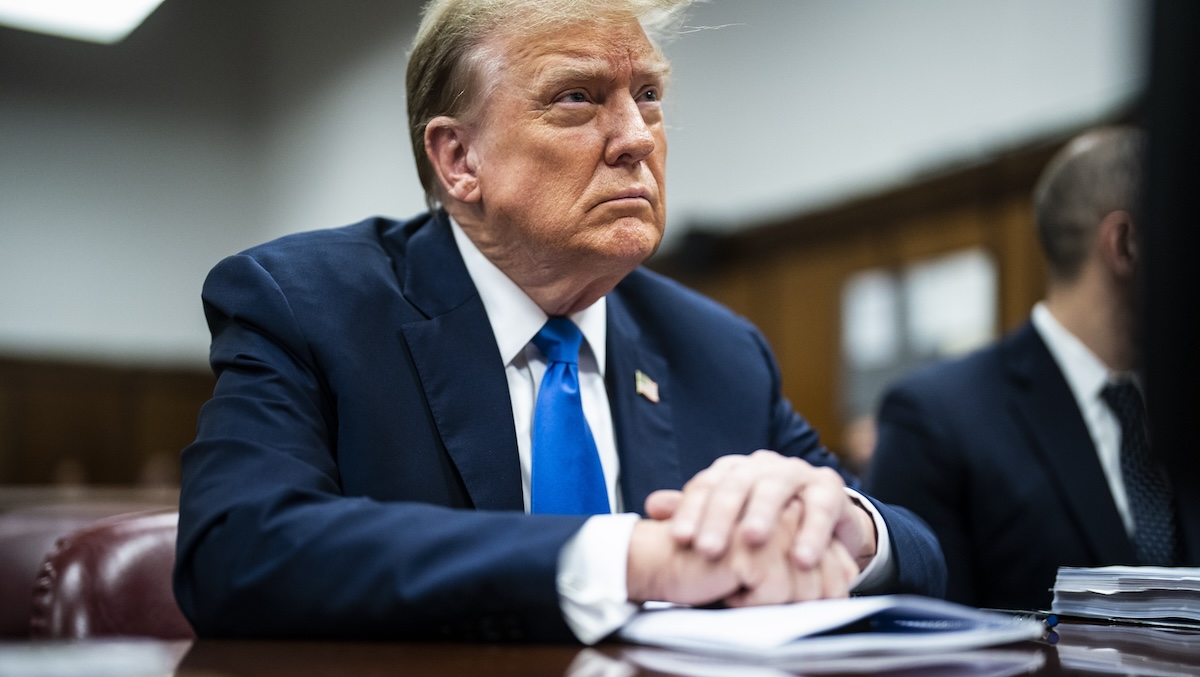On the day Maine residents headed to the polls to use ranked-choice voting for the first time in a statewide primary, Gov. Paul LePage said Tuesday he may not certify the election results.
LePage told WCSH-TV the voting was "the most horrific thing in the world" and he sides with people who raise questions about its constitutionality.
LePage said his feelings about the ranked-choice voting are so strong that he will "probably not certify the election," and leave it up to the courts to decide instead, according to WCSH-TV.
However, Maine Secretary of State Matthew Dunlap says certification doesn't apply to primaries, so LePage doesn't actually have anything to certify.
"He can bluster all he wants, but he can't change the results," he told Michael Shepherd of the Bangor Daily News.
Maine is the first state in the nation to implement ranked-choice voting in primary elections.
Voters rank candidates from first to last on their ballot, and the election is over if one candidate wins a majority — 50 percent plus 1 — of the vote. If not, candidates are eliminated one by one and their remaining votes reallocated in what amounts to a mathematical game of survival.
Politics
The eventual winner might not be the candidate who had the most first-place votes, but rather the one who tallies the highest number of second- or even third-place votes.
Voters can also simply fill in one oval with their first-choice candidate and leave the rest of the ballot blank, as at least one Republican candidate is asking supporters to do.
Advocates say it helps promote civility, end election spoilers and ensure the eventual winner receives majority support.
Some proponents have pointed with dismay to LePage's election in 2010 with 38.1 percent of votes in a five-way race.



